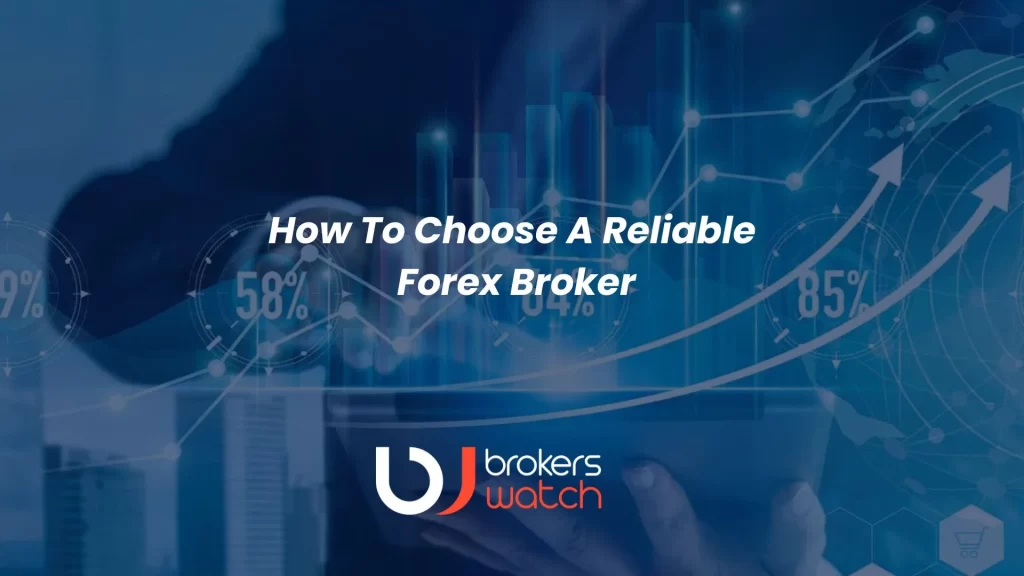Introduction
Entering the forex market as a new trader requires careful consideration and decision-making. One of the most critical steps in this process is choosing a forex broker. Selecting the right broker can greatly impact a trader’s success and overall trading experience. In this article, we will explore the factors to consider when selecting a forex broker and highlight the significance of researching reputable and regulated brokers.
Importance of Choosing a Forex Broker
The choice of a forex broker holds immense importance for new traders. It sets the foundation for their trading journey and can significantly influence their overall profitability. A reliable and suitable broker not only provides access to the market but also offers valuable resources, tools, and support to enhance trading performance. Conversely, an ill-suited broker can hinder progress and lead to unnecessary challenges.
Factors to Consider When Selecting a Forex Broker
To make an informed decision, new traders should consider several key factors when choosing a forex broker. Let’s explore these factors in detail:
Low Spreads
Spreads play a crucial role in forex trading. They refer to the difference between the buying (ask) and selling (bid) prices of currency pairs. Opting for a broker with low spreads can significantly impact trading costs. Lower spreads translate to reduced expenses per trade, allowing traders to retain more profits. Therefore, it is important to research and compare brokers to identify those offering competitive and favorable spreads.
Variety of Markets to Trade
A diverse range of markets provides traders with opportunities for exploration and diversification. When selecting a forex broker, it is beneficial to choose one that offers a wide selection of currency pairs, including major, minor, and exotic pairs. Additionally, some brokers provide access to other financial instruments like commodities, indices, or cryptocurrencies. Having access to multiple markets allows traders to adapt to changing market conditions and potentially capitalize on various trading opportunities.
Demo Account
For new traders, a demo account is an invaluable resource. A reputable forex broker should offer a demo account option, allowing traders to practice their strategies and gain familiarity with the trading platform. A demo account provides a risk-free environment where traders can execute trades using virtual funds. It allows them to develop their skills, test different approaches, and build confidence before transitioning to live trading.
Educational Resources
Continual learning and improvement are essential in the forex market. Therefore, it is advantageous to select a broker that offers a range of educational resources. These resources may include educational articles, tutorials, webinars, or even personalized coaching sessions. Access to educational materials helps traders enhance their knowledge, develop effective strategies, and stay updated with market trends and analysis.
Researching Reputable and Regulated Brokers
In addition to considering the above factors, it is crucial to research and select a reputable and regulated forex broker. Here are some guidelines to follow during the research process:
Regulatory Bodies
Reputable forex brokers are regulated by recognized financial authorities. Regulatory bodies such as the Financial Conduct Authority (FCA), the Australian Securities and Investments Commission (ASIC), or the Cyprus Securities and Exchange Commission (CySEC) ensure that brokers adhere to specific standards and practices to protect traders’ interests. It is advisable to verify a broker’s regulatory status and confirm their licensing details before proceeding.
Jurisdiction Considerations
When selecting a forex broker, it is important to consider the jurisdiction in which the trading will take place. Different jurisdictions have varying regulations and levels of oversight. Traders should assess the stability of the jurisdiction, investor protections offered, and any specific restrictions or benefits associated with it. Understanding the regulatory framework and legal safeguards can help traders make an informed decision that aligns with their trading goals and requirements.
Read more: How to Spot an Unregulated Forex Broker
Conclusion
Choosing the right forex broker is the first and most crucial step for new traders entering the market. By considering factors such as low spreads, a variety of markets to trade, the availability of a demo account, and educational resources, traders can set themselves up for success. Additionally, researching reputable and regulated brokers ensures a safe and reliable trading environment. Remember to conduct thorough research, compare options, and make an informed decision. The chosen forex broker will play a significant role in shaping your trading journey.
FAQs
Q: What is a forex broker?
A: A forex broker is an intermediary between traders and the forex market. They provide traders with access to the market, allowing them to buy and sell currencies and other financial instruments.
Q: Why are low spreads important?
A: Low spreads are important because they directly impact trading costs. When spreads are low, traders pay less in fees per trade, enabling them to maximize their potential profits.
Q: What is a demo account?
A: A demo account is a practice trading account offered by forex brokers. It allows traders to execute trades using virtual funds, simulating real-market conditions. Demo accounts are valuable for learning, practicing strategies, and gaining confidence without risking real money.
Q: How can I research reputable forex brokers?
A: Researching reputable forex brokers involves checking their regulatory status, reading reviews, and comparing factors such as trading conditions, customer support, and reputation within the trading community. Verify their licenses and ensure they are regulated by recognized financial authorities.
Q: What should I consider when selecting a jurisdiction for trading?
A: When selecting a jurisdiction for trading, consider the regulatory framework, stability, investor protections, and any specific restrictions or benefits associated with the jurisdiction. Thorough research and understanding of the jurisdiction’s regulations will help you make an informed decision.



